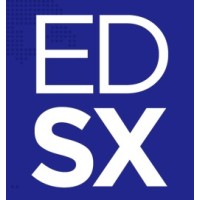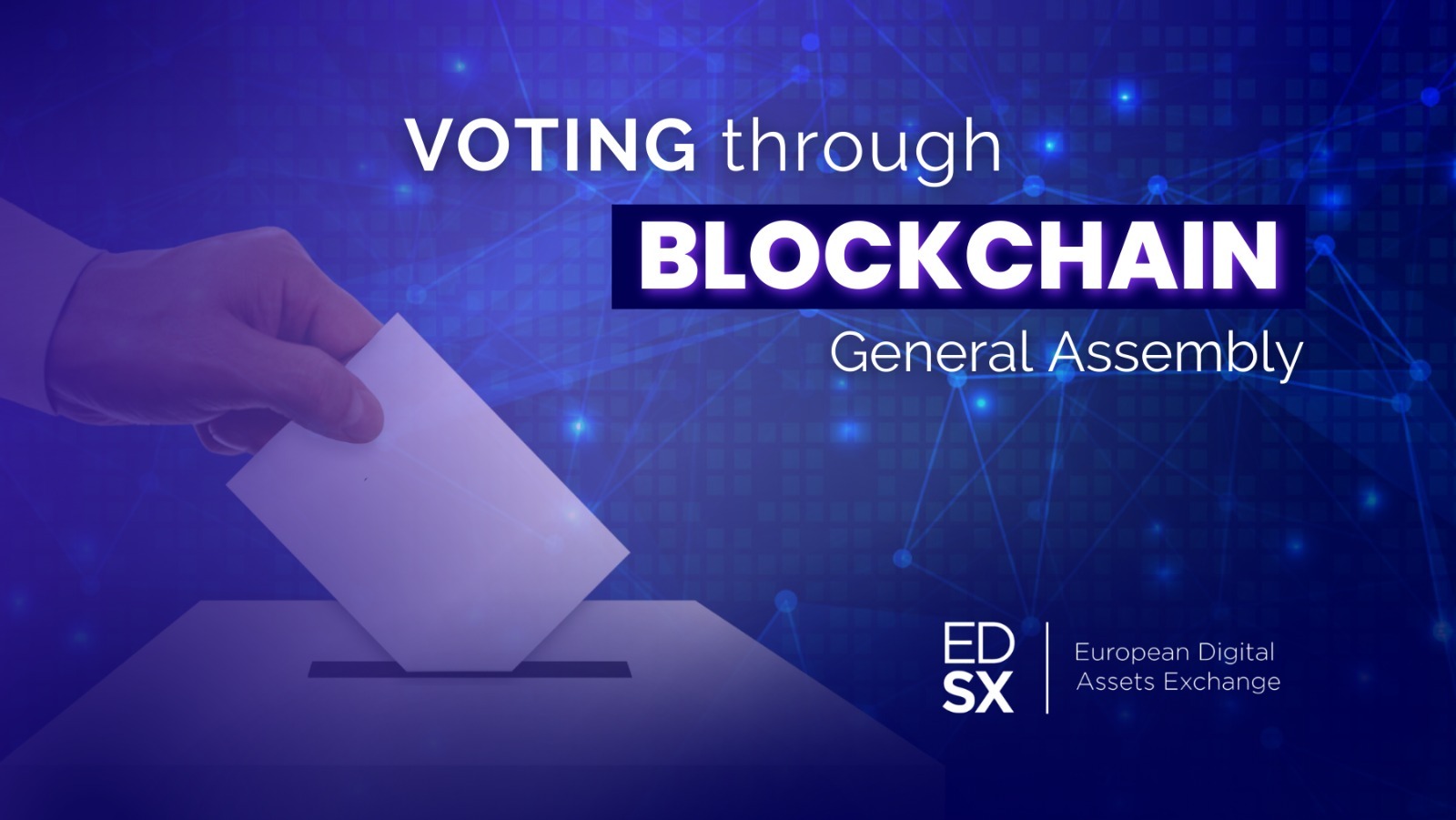How it started:
Recently, the first ever test of voting transparency with blockchain was conducted in the United States. In 2018, West Virginia became the first U.S. state to allow internet voting by blockchain in primary elections. While administrators estimated the voter participation through this platform to be small, they intended to test the technology in a pilot project with no immediate plans to implement it at a larger scale.
The success of the initiative and the great advantages that the new method entails, has opened the gates to a future use of the technology on a larger scale and for various other sectors.
The idea of using blockchain for elections is worth more than just an experiment, however: for example, mobile voting using a safe and tested interface could eliminate voter fraud and boost turnout. It will make it more convenient for citizens to vote while abroad, irrespective of the distance and time. The election commission could also use blockchain as a beneficial tool to maintain transparency in the electoral process, minimize the cost of conducting elections, streamline the process of counting votes, and ensure that all votes are counted.
Under the technology used in the West Virginia elections, organizers verified a voter’s identity using biometric tools like a thumbprint scan before the voter cast a vote on a mobile device. Each vote formed part of a chain of votes, where a third-party participant mathematically proved it. By using blockchain, election administrators recorded all data of the election process on a publicly verifiable ledger while maintaining voter anonymity, with results available instantly.
Now, if it works for elections, think about the usage of voting through blockchain in a large company that owns several branches or investors around the world… the advantages are countless!
VOTING:
Blockchain offers a solution for shareholder voting through its design. Its efficiency provides the accuracy, transparency and trust missing today.
Corporate law keeps decision-making with boards. Still, advocates see potential for shareholder empowerment. Blockchain products may create new ways for investors to engage with companies. The future looks promising for involvement beyond annual meetings. With innovative tools, shareholders could reshape their roles.
New tools and networks could eliminate structural obstacles impeding shareholder involvement in corporate governance.
Conclusion
With a simple yet ingenious design, blockchain provides the accuracy, transparency, and trust currently missing from shareholder voting. Weaknesses with the technology remain: collusion, sensible governance, privacy, and technical shortcomings may hinder its potential.
However, variation already provide differing degrees of control and decentralization, facilitating flexibility and customization. Assuming these weaknesses are mitigated, the blockchain technology is poised to eventually revolutionize shareholder voting.
Stock classes could evolve to attract different investors. New classes may provide unique services like varied privacy levels or tying voting rights to company performance. This would challenge traditional roles of depository trusts, proxy services, and custodians in share ownership.
Boards will likely still steer governance. However, blockchain allows shareholders new ways to unite, break down barriers separating them from companies, and make boards more answerable. Technologies give investors tools to have their voices heard and impact felt in ways not possible before. With coordination and persistence, shareholders can reshape their relationship with those who oversee the companies they own.
Activist DAOs are only one intriguing outcome and as for shareholder advocates, the future is – hopefully – very bright.
We discussed the theme of DAO in our previous article, you can find it here:

https://www.edsx.ch/blognews/dao-decentralized-autonomous-organization


Based in Zug, the platform is fully compliant with all Swiss laws related to financial intermediaries, banking, anti-money laundering, and organized trading facilities. Among its core values, there are innovative solutions through blockchain technology, which ensures security and liquidity.
EDSX is the first platform in Europe with primary and secondary markets for both institutional and retails. EDSX is a pioneering platform that employs the world’s leading technology to globally list security tokens in both primary and secondary markets, listing digital securities of real financial instruments to the public with a decentralized peer-to-peer exchange. Our goal is to fully engage every aspect of the financial revolution.
Do you have a question for us?
Send your query here:
[email protected]

